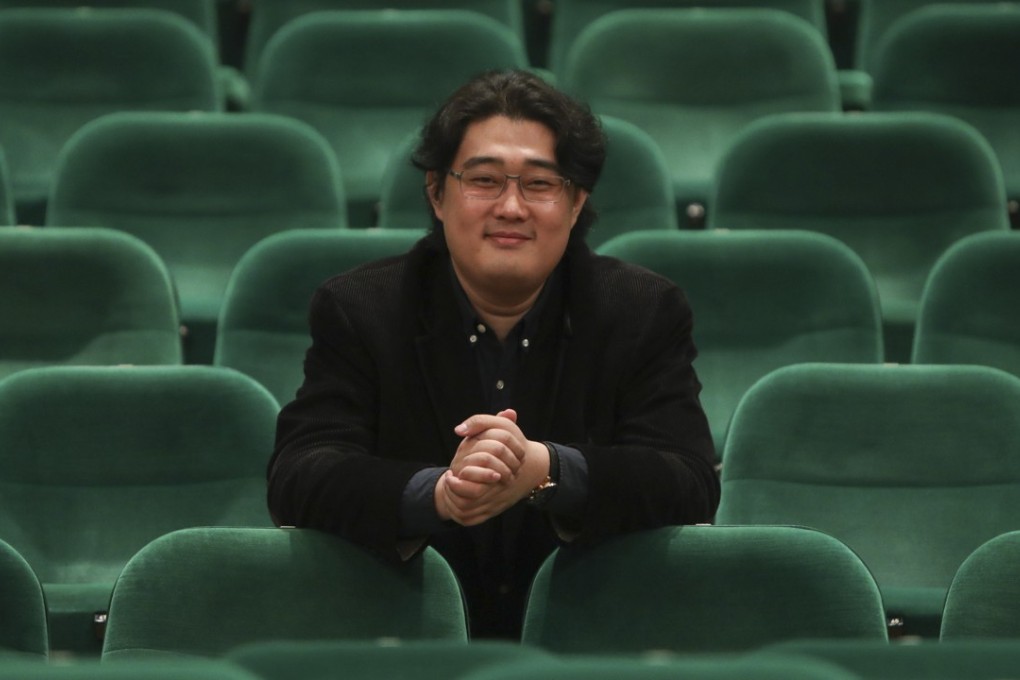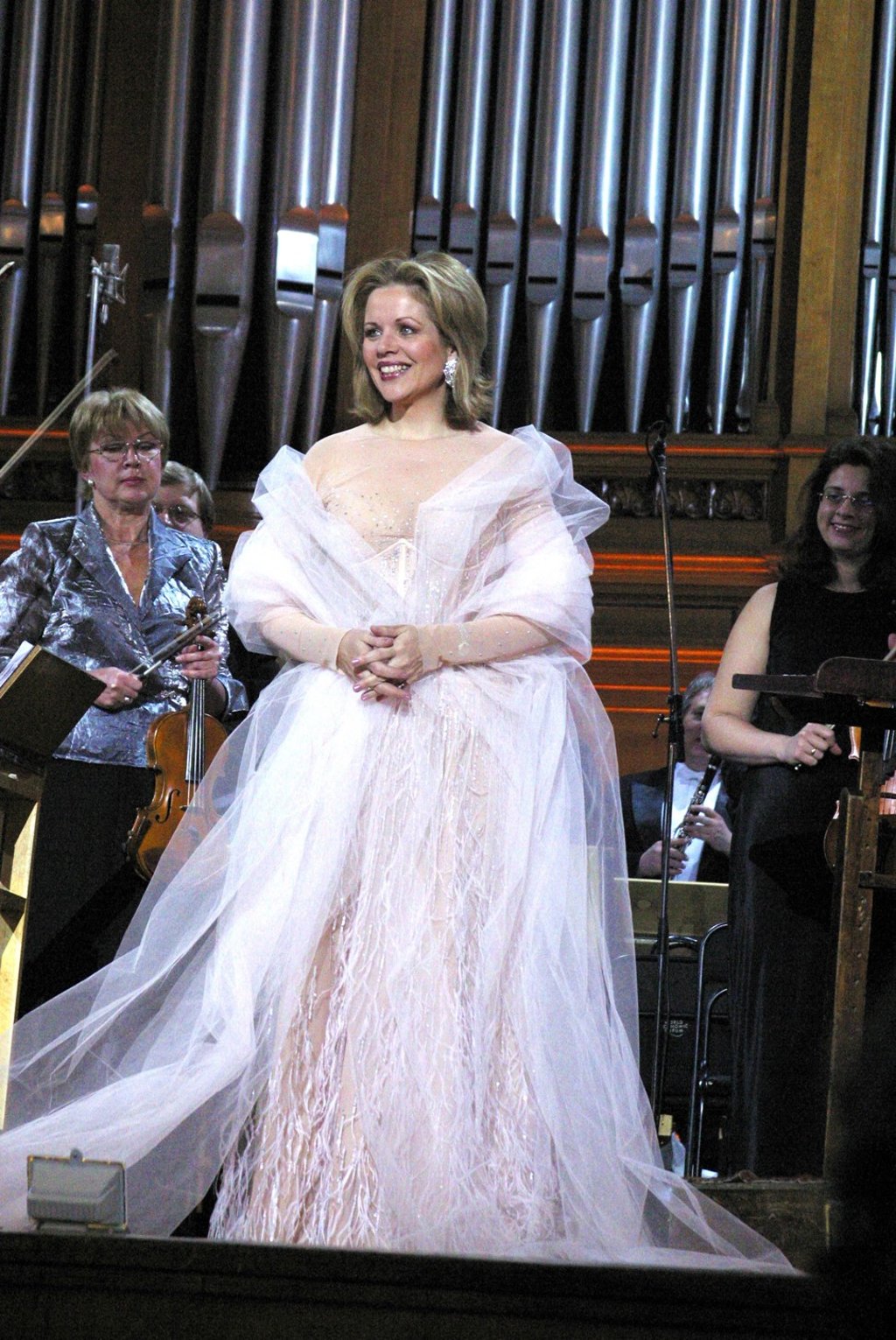China’s Shenyang fulfils dream of singing Wagner in Hong Kong performance
Towering bass-baritone, a fan of the German composer, set himself the goal long ago of singing Wagner, and is delighted to have his chance in Götterdämmerung with the Hong Kong Philharmonic under Jaap van Zweden

When Shenyang goes on stage at the Hong Kong Cultural Centre on Thursday, the Chinese bass-baritone will fulfil a long-held dream: to take on a Wagnerian role.
He is singing the part of Gunther in Hong Kong Philharmonic’s opera-in-concert performance of Richard Wagner’s Götterdämmerung (Twilight of the Gods), the final part of the orchestra’s triumphant rendition of the entire Ring Cycle under conductor Jaap van Zweden.
The 33-year-old Tianjin native relishes the chance to play the king of the Gibichungs, a pathetic mix of arrogance and cowardice and easily manipulated by his evil half-brother Hagan.
“Gunther is a coward and totally naive behind the proud, aristocratic facade. All that personality has to come through in the voice,” he says, looking relaxed in his hulking, six-foot-plus frame as he takes a break from rehearsals at the Cultural Centre.

The French ‘Romantic’ pianist adored in China
Further studies at the Metropolitan Opera and The Juilliard School in New York set him up for a jet-setting career similar to other New York-based compatriots such as pianists Lang Lang and Yuja Wang. He is one of a few Asian male soloists to make numerous appearances at The Met, debuting in 2009 as Masetto in Don Giovanni, and followed by performances as Colline in La bohème, Garibaldo in Rodelinda and The Speaker in The Magic Flute.